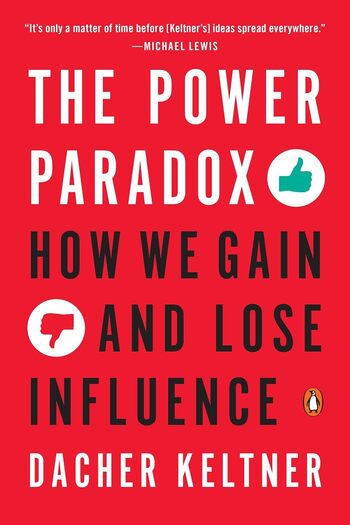
Dopamine Nation explores the role of dopamine in our pursuit of happiness, highlighting the balance between pleasure and pain, and offering strategies to regain motivation and joy by either pursuing pain or abstaining from addictive behaviors.
Main Lessons
- Dopamine is essential for motivation and joy; excess leads to a crash.
- Pursuing pleasure results in a rebound effect, causing extended discomfort.
- In rich societies, abundance of pleasure contributes to high depression rates.
- To reset dopamine levels, one must either pursue controlled discomfort or abstain from pleasure-inducing activities.
- Cold exposure, exercise, and intermittent fasting are methods to increase dopamine without a crash.
- Abstaining helps reset dopamine levels and allows for low stimulation engagement.
- A dopamine fast involves avoiding high-stimulation activities and substances.
- Mindfulness during urges can transform abstaining into a positive experience.
- Abstaining provides insights into compulsive behaviors, clarifying their impact.
- Creating a moderated plan post-abstinence can aid long-term behavioral changes.
- Recording data on behavior aids in recognizing and confronting addiction.
- Long-term abstinence from addictive behaviors can restore motivation and joy.
- Mindfulness leads to self-awareness, making abstaining less difficult.
- Experiments post-dopamine fast may reveal continued necessity to abstain.
- Balancing the pleasure-pain scale can rejuvenate drive and happiness.








